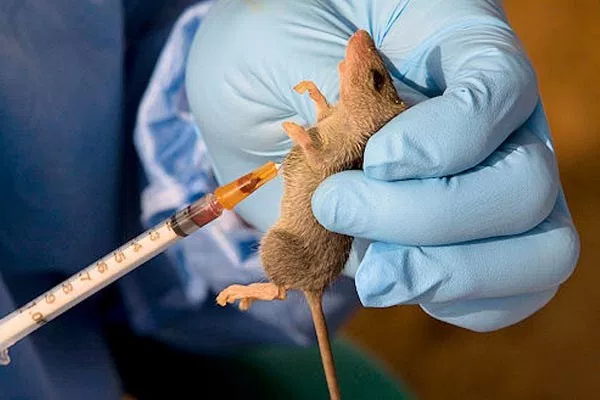WHO supports five countries to fight Lassa fever outbreak

Doosuur Iwambe – Abuja
In its bid to reduce the spread of Lassa Fever disease, the World Health Organization (WHO) has scaled up its efforts to support about five African countries recently hit by the outbreak. According to Dr Matshidiso Moeti,WHO Regional Director, a total of 12 cases have been confirmed in Benin, Guinea, Liberia and Togo, including two deaths, with more suspected cases being investigated. In a statement, Dr. Moeti said that the WHO is assisting health authorities in the affected countries with contact tracing, providing medical and non-medical supplies as well as technical and financial resources needed for case management, risk communication and logistics. “We are concerned by the high number of cases so early in the Lassa fever season, which is expected to last another four more months. “WHO is working with the health authorities in the five-affected countries to ensure health workers have the capacity to detect cases and we are monitoring the regional spread of the disease. “WHO has set up a regional coordination mechanism for countries to report any suspected case of Lassa fever to expedite the flow of timely information and to assess the situation, recommend actions and help organize assistance. WHO has also reached out to the six other at-risk countries – Burkina Faso, Cameroon, Ghana, Mali, Niger and Sierra Leone – and is supporting prevention and readiness activities as needed. “WHO continues to advise all countries in the Lassa fever belt to enhance their preparedness and response capacities, especially for early case detection, laboratory confirmation, case management under recommended barrier nursing, risk communication and community engagement,” Dr Moeti stated. Daily Times recalls that the Nigeria Centre for Disease Control (NCDC) had on January 22,2019 declared an outbreak of Lassa fever in the country. The NCDC confirmed at least 213 cases while 42 people were reported to have died from the disease.
Also, Four health workers were reported to have been infected in the latest outbreak.
This according to the NCDC marked a significant increase alread, a third of the total cases for all of last year, when Nigeria experienced its worst outbreak of Lassa fever. Meanwhile, the WHO is scaling up its efforts to support the Nigeria government, NCDC and the affected states in responding to the outbreak. An important focus the WHO said is early detection and confirmation of suspected cases, providing optimal supportive care and ensuring infection prevention and control measures in designated health care facilities in the affected states. The WHO has also intensified its technical assistance and is supporting coordination through enhanced surveillance, epidemiological analysis and risk communication. WHO is also mobilizing experts to support case management and infection prevention and control. Lassa fever is an acute viral haemorrhagic illness that occurs predominantly in West Africa, after human exposure to the urine or faeces of infected Mastomys rats. More than 80% of Lassa fever cases are rodent-to-human transmission. Person-to-person transmission occurs in both community and health-care settings. Prevention of Lassa fever relies on promoting good “community hygiene” to discourage rodents from entering homes by storing grain and other foodstuffs in rodent-proof containers, disposing of garbage far from the home, maintaining clean households, keeping cats and the safe handling of anyone who may have died of the disease.







